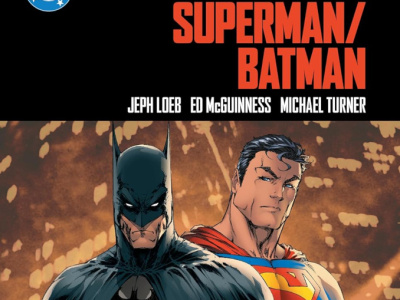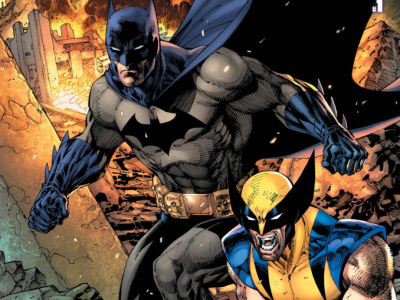Presiding Judge Yujiro Nakatani has convicted 54-year-old publisher Monotori Kishi for violating article 175 of the Japanese penal code by publishing a manga, Misshitsu (Honey Room), which contains graphic scenes of sexual intercourse. Judge Nakatani suspended Kishi's one-year sentence for three years, but all of the adult manga titles created by Honey Room artist Suwa Yuuji (Beauty Hair), who accepted a guilty plea (under protest) to get out of jail, have been removed from sale. Mr. Kishi, who heads the Shobunkan publishing group, has filed an appeal to the Tokyo High Court.
During the trial Mr. Kishi's lawyers attacked on several fronts. They maintained that Article 175 of the Penal Code violated Article 21 of the Japanese Constitution, which guarantees freedom of speech, press, and all other forms of expression. They also cited statistics that showed that during the period between 1980 and 1990, when the number of erotic manga grew by leaps and bounds, the number of rape cases (and rapes by juveniles) actually declined. They pointed out that the Shobunkan manga, which were sold by over 1900 retailers in Japan, were enclosed in plastic covers and came with stickers warning customers about the pornographic content.
The case, the first major obscenity trial in Japan in over 20 years, marks the first time that a volume of manga, which accounts for about 45% of the books sold in Japan, had been charged with obscenity. Traditionally, Japanese anime and manga obscured genitalia (often with those digital mosaics seen in hentai videos), but there has been an increasing amount of sexual material published during the last two decades, and ready availability of porn on the Internet has accelerated the process. Pubic hair, which was rarely shown, is now seen in photographs in many weekly magazines, and extremely graphic nineteenth century Japanese wood block prints have also been published in many forms. Erotic manga has also become more sexually explicit during the past decade, a trend which may be reversed now unless Mr. Kishi's sentence is overturned. According to The Japan Times, Kishi's arrest last October has already had an effect on retail book outlets, causing several major chains to eliminate their adults only sections.
In the U.S., manga has also come under legal attack in the case of Jesus Castillo, who was convicted of an obscenity violation after selling an adult comic to an adult (see 'Castillo Supreme Court Appeal Denied').







